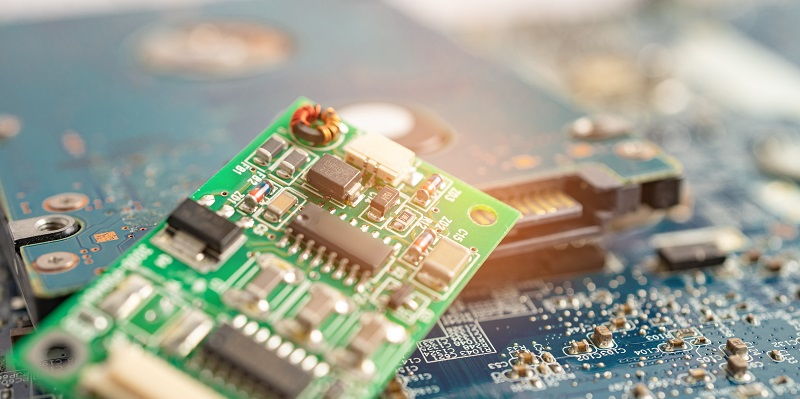In a groundbreaking feat of overclocking, Intel’s flagship 14th Generation processor, the Core i9-14900K, has shattered records by achieving a staggering CPU frequency of 9.1 GHz. This unprecedented accomplishment marks a new milestone in the world of high-performance computing, demonstrating the incredible capabilities of Intel’s latest chips. The exceptional achievement was made possible through the collaboration of talented overclockers, with Elmor’s overclocking feat standing out as the highlight of this remarkable endeavor.
Overclocking Feats with Intel’s Latest Chips
In recent times, various overclockers have been showcasing their achievements using Intel’s latest and most powerful processors. However, among the impressive results, Elmor’s CPU Frequency run with the Core i9-14900K has truly captured the attention of the community. By pushing the boundaries of performance, Elmor managed to extract the maximum potential from this processor, achieving unprecedented clock speeds.
Previous Records
Last year, Intel made headlines with its Core i9-13900K and Core i9-13900KS processors, both of which broke through the 8 GHz and 9 GHz CPU clock frequency barriers. These notable achievements represented significant milestones in the world of overclocking, showcasing the ever-increasing capabilities of Intel’s processors.
The Core i9-14900K and ASUS ROG Maximus Z790 APEX Encore Motherboard
Building upon the successes of previous generations, the Core i9-14900K takes overclocking to new heights. With the aid of the ASUS ROG Maximus Z790 APEX Encore motherboard, Elmor achieved an astonishing clock speed of 9.1 GHz. This combination of advanced hardware and expert overclocking techniques enabled this remarkable accomplishment, marking a new paradigm in performance benchmarks.
Cooling Method and System Configuration
To achieve this unprecedented CPU frequency, Elmor employed an advanced cooling method – liquid helium. This efficient cooling solution dramatically reduced temperatures to below 200°C, allowing for stable performance at extreme clock speeds. The system configuration employed 8 P-Cores enabled, with hyper-threading disabled, further optimizing the overclocking process.
HWBot Standings
While Elmor’s achievement reached 9.1 GHz, the official HWBot standings recorded a slightly lower frequency of 9.044 GHz. It is worth noting that this commendable result was also achieved using the ASUS ROG Maximus Z790 APEX Encore motherboard, further solidifying its status as a record-breaking powerhouse.
Other World Records by ASUS
In addition to the astounding achievement with the Core i9-14900K, ASUS has secured three more world records in different categories. These records include SUPERPI 32M, achieved by Freyama from Japan, an outstanding Cinebench R20 score obtained by OGS from Greece, and a remarkable DDR5 frequency record of 11,614 MT/s set by lupin_no_musume from Hong Kong. These additional feats further demonstrate the immense capabilities of ASUS motherboards and the talented overclockers who harnessed their potential.
Impressive Demonstrations of Overclocking Knowledge and Hardware Capabilities
The incredible records established by overclockers in collaboration with Intel and ASUS exemplify the exceptional knowledge and capabilities possessed by the overclocking community. These achievements prove that with cutting-edge hardware and the expertise of skilled enthusiasts, new frontiers of performance can be explored and surpassed with each passing generation.
The Intel Core i9-14900K’s extraordinary achievement of reaching a 9.1 GHz CPU frequency on the ASUS ROG Maximus Z790 APEX Encore motherboard has sent shockwaves through the overclocking community. This groundbreaking accomplishment solidifies Intel’s position as a leader in high-performance computing. Moreover, it showcases the incredible potential that lies within Intel’s latest chips and the capabilities of advanced motherboards like the ASUS ROG Maximus Z790 APEX Encore. As overclockers continue to push the boundaries, the future of computing performance appears limitless.

